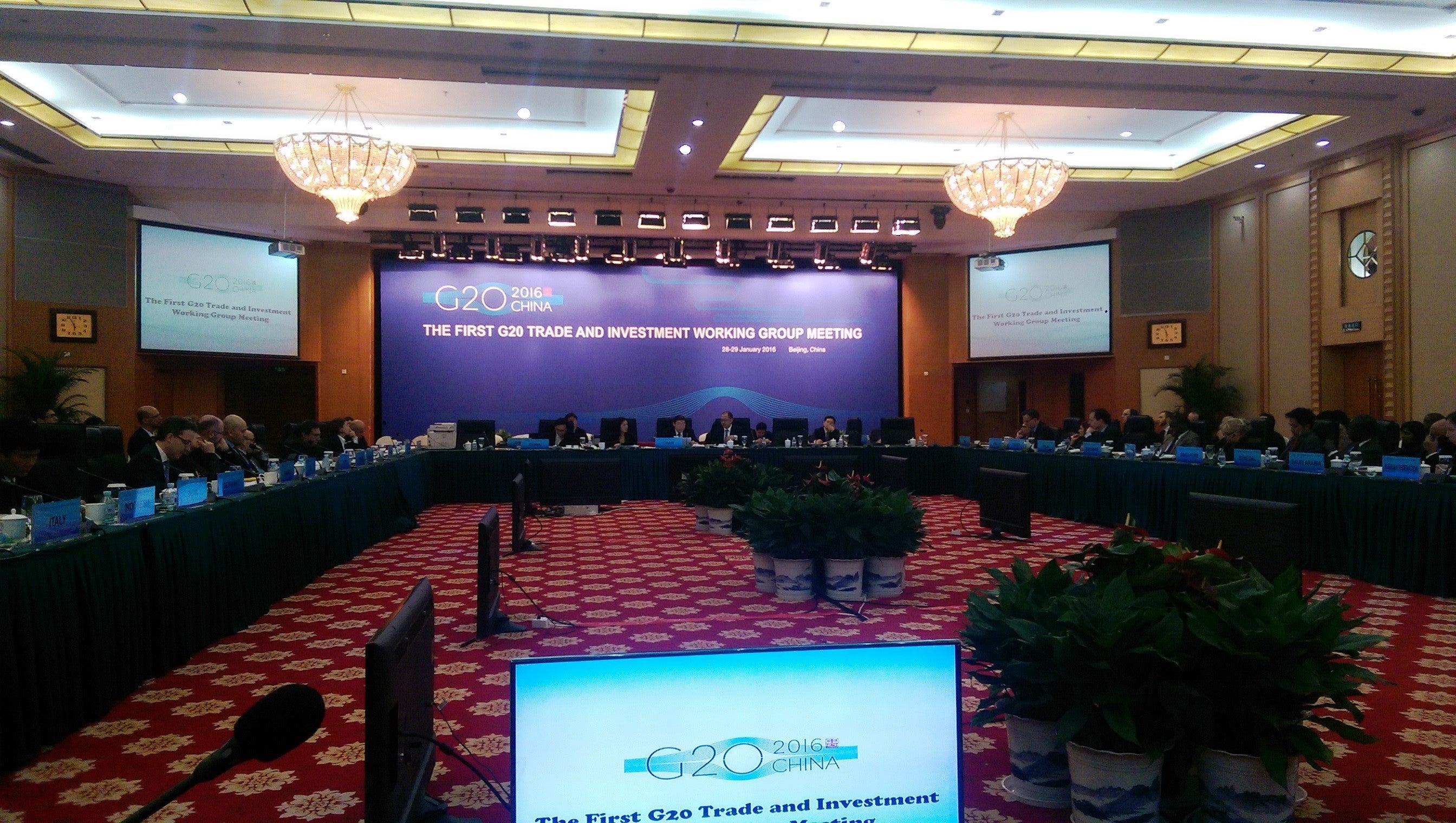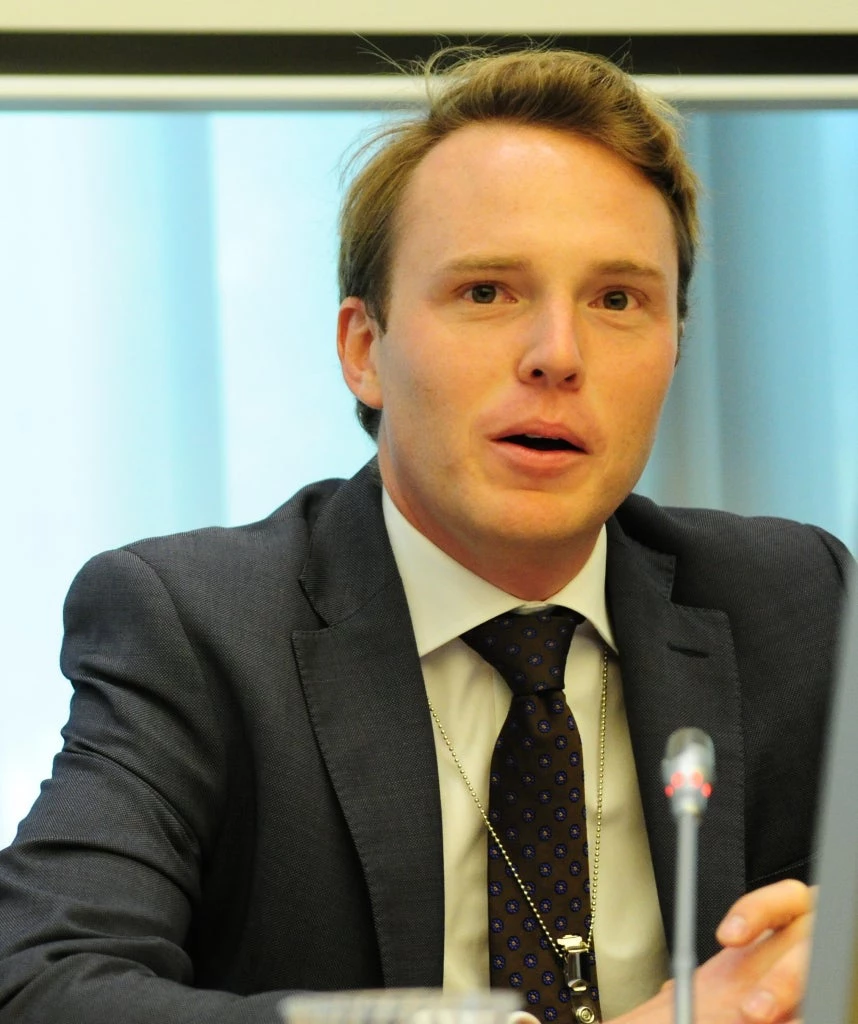
Photo by Marcus Bartley Johns
It might not have made the leading global headlines but, three weeks ago, there was a significant new development in global governance of trade and foreign investment. In Beijing, China convened the first meeting of a new working group in the G20 to pursue initiatives in these areas: the G20 Trade and Investment Working Group (TIWG). Over two days, officials from G20 members and invited governments, along with the World Bank Group and other international organizations, discussed the future direction of trade and investment in the G20.
This is a promising step. There is no doubt that the G20 can have an impact in this area. The G20 accounts for three-quarters of world trade; half of global inward Foreign Direct Investment (FDI) and two-thirds of global outward FDI; and 80 percent of global output. Actions taken by the G20 also have a clear impact on developing countries outside the G20, with around 70 percent of non-G20 developing-country imports coming from the G20 countries, and around 80 percent of those countries’ exports directed to the G20.
However, the G20 has yet to deliver its full potential on trade and investment.
In the wake of the financial crisis and the elevation of the G20 to a leaders-level forum, the group emphasized immediate post-crisis recovery, as well as such pressing issues as financial regulation and macroeconomic stability. Attention has since shifted to the need to restore growth in a still-weak global economy, defining the achievement of “strong, sustainable and balanced growth” as a key priority for the G20.
Despite efforts by different chairs of the G20 to raise the profile of trade and investment in this context, discussions have generally produced generic statements, such as the exhortation to complete the WTO Doha Round. The results of this approach have been mixed, to say the least. There have, however, been positive exceptions. In particular, the pledge on protectionism made at the G20 Summit in 2008 was followed by the decision to give some power to international organizations to monitor trade and investment policies by G20 members. The G20 has helped prevent a major surge in protectionism, which damaged growth prospects during previous times of economic crisis. Nevertheless, the protectionism focus has been a “defensive” act aimed at preserving existing openness, rather than looking in a more positive sense toward the ways that trade and investment policy actions can contribute to much-needed global growth.
The working mechanisms for trade and investment in the G20 have been partly responsible. Other issues in the G20 – notably the Framework Working Group, which oversees the growth agenda – have a clearer structure, defined targets, and mechanisms for monitoring and evaluation, backed by analytical input from international organizations.
Reforming the way the G20 operates on trade and investment will present challenges, but the approach of the Chinese presidency has been that an enhanced structure is needed if the group seeks to exert its role of political leadership and policy direction in these areas.
Although discussions are continuing, the working group that met three weeks ago in Beijing covered a lot of ground, from the mechanics of discussing trade and investment in the G20, to the future of the multilateral trading system, to investment policy, to global value chains, to reducing trade costs. G20 members themselves drive the process, but the World Bank Group and other international organizations have an important role to play, providing independent analysis of potential policy options, as well as data and expertise to support monitoring and evaluation. For example, in the area of trade costs, we maintain a database along with UNESCAP that tracks the evolution of trade costs since 1990, as well as a number of indicators on logistics performance, trading across borders, temporary trade barriers, services trade restrictiveness and other determinants of trade costs. This wealth of information could have a valuable role in helping the G20 shape its action on trade costs.
The establishment of the Trade and Investment Working Group was a good first step in putting these policy areas at the center of the G20 agenda. We at the World Bank Group will be doing what we can to support this effort – and to ensure that it has the greatest possible impact on the global economy and the prospects of developing countries.



Join the Conversation